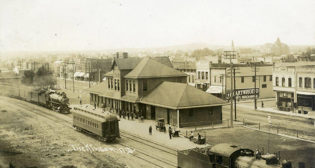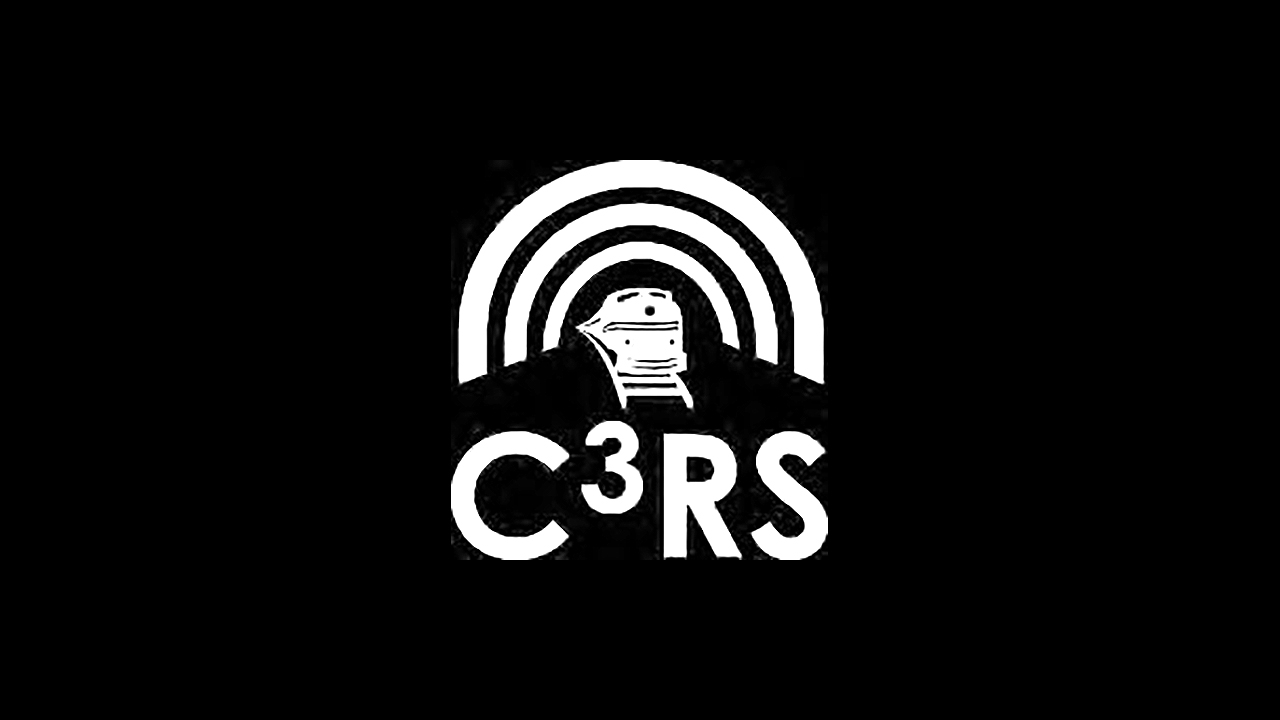
When Will Class I’s Fulfill Their C3RS Commitment?
Written by William C. Keppen, Jr.
Since my retreat to the bucolic Eastern Shore of Maryland, I have had limited interest in commenting railroad industry matters. Association of American Railroads President and CEO Ian Jefferies’ Aug. 24, 2023 letter to the U.S. Secretary of Transportation and Federal Railroad Administrator regarding the yet-to-be-achieved participation of Class I railroads in the NASA-run Confidential Close Call Reporting System, was a game changer.
First, let me explain without going into great detail that there are significant differences between the NASA-run close call reporting system and the original C3RS program, run by the Department of Transportation (DOT) Bureau of Transportation (BTS). Two of the primary differences were:
- Reporting employees were granted absolute anonymity and, therefore protection from discipline; incident reports submitted to individual railroad Peer Review Teams were scrubbed of any information that might be used to identify reporting employees.
- In the unlikely event that employees’ identity were to be compromised, they were still protected from discipline.
The BTS-run close call reporting program operated very successfully under the terms and conditions of the original memorandum of understanding, until DOT/FRA made the decision to transfer program management to NASA. That move witnessed the last participating Class I freight railroad to withdrawal from the program.
To put the above observations/comments in context with Jefferies’ letter, I will cite several of his comments, directly, beginning with, “However, an unexpected hurdle has emerged, and I would like to provide clarity on this matter,” followed by, “To provide some background, most if not all ‘close call’ events result from employees not adhering to established safety rules put in place by their employer …”
As a paid Rail Safety Analyst for the original BTS-run C3RS program who conducted hundreds of close call report interviews, let me assure you: That definitely was not the case. Many—perhaps the vast majority—of close call reports were the result of circumstances beyond the control of individual employees or train operating crews. In the case of the East Palestine train derailment, we could draw upon the National Transportation Safety Board preliminary report, which identified several contributing factors over which individual employees had no control whatsoever. One of those was railroad management’s decision to greatly reduce time and frequency of railcar inspections by fully qualified employees. This was followed by the failure of its defect detector equipment and protocols to warn the train crew that a dangerous situation was developing, which would have required them to stop and inspect their train. I could go on, and on, but …
Moving on, Jefferies says, “The crux of the current dispute centers on a significant nuance: situations where the employer is aware of a safety rule violation with any employee report—referred to as a ‘known event’—but the employee reports the event anyway and therefore avoids discipline.” Jefferies opines that employees are using the program to avoid discipline, rather than promote safety: “The focus of the program shifts from prevention of accidents to employment protection.”
As a former locomotive engineer, union officer, railroad safety program manager and longtime rail industry safety advocate, let me assure you, railroad employees in general, and train crews in particular, have a long history of reporting safety concerns directly to management, so I guess you could call them ‘known events.’ Others may be identified by rail management as potential rules violations. Regardless, many such events are not the result of an employee’s failure of “… adhering to established safety rules put in place by their employer.”
Are Class I railroads, through the AAR, raising a plausible defense for not participating in close call reporting? Or is it an implausible defense? Only time will tell.
In closing, I cannot overlook the following by Jefferies: “Despite the current impasse at the RSAC (Rail Safety Advisory Committee), some individual Class I railroads are exploring potentially integrating their own existing and long-standing confidential reporting systems—some of which have allowances for known events—with the FRA’s system. I know individual railroads recently have met, or plan to meet, with FRA to discuss those different approaches.”
Having participated directly in RSAC, where all too many good ideas go to die, and in the development of agreements that gave birth to the original C3RS program and projects, to suggest that individual railroad confidential reporting systems, or anything resulting from “…individual railroads … [meeting] with FRA to discuss those different approaches” are destined for protracted delays or worse, because, there is no indication of direct involvement of labor representatives.
After the East Palestine derailment, all the Class I’s committed to participate in the current, NASA-run close call reporting program. The U.S. Department of Transportation, its employees and the American public are anxiously awaiting fulfillment of that commitment.

William C. Keppen Jr., a retired BLET (Brotherhood of Locomotive Engineers and Trainmen) Vice President and third-generation locomotive engineer at BNSF and predecessors Chicago, Burlington & Quincy and Burlington Northern, is an independent transportation advocate with experience in fatigue countermeasures programs. A railroad industry veteran of almost 50 years, Keppen provides safety analyses for Confidential Close Call Reporting System (C3RS) programs in freight, commuter, and light rail transportation. Keppen was Project Coordinator for BNSF’s Fatigue Countermeasures Program, and former BLE General Chairman for the BN Northlines GCA. “I started working on human-factor-caused train accidents in 1980,” he says. “It has been a struggle. I would like to think I have made a difference, but there are still far to many human-factor-caused train ‘accidents,’ which I prefer to refer to as ‘preventable incidents.’”



